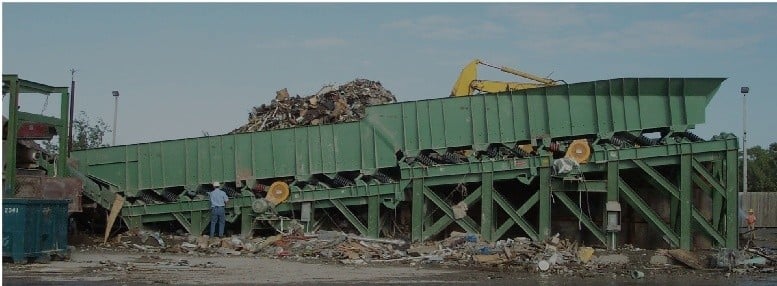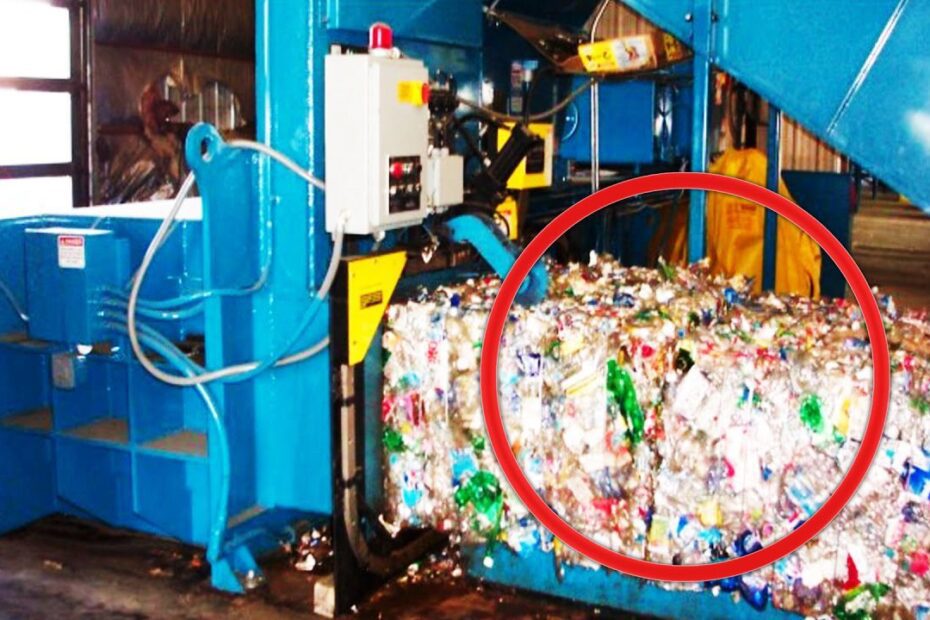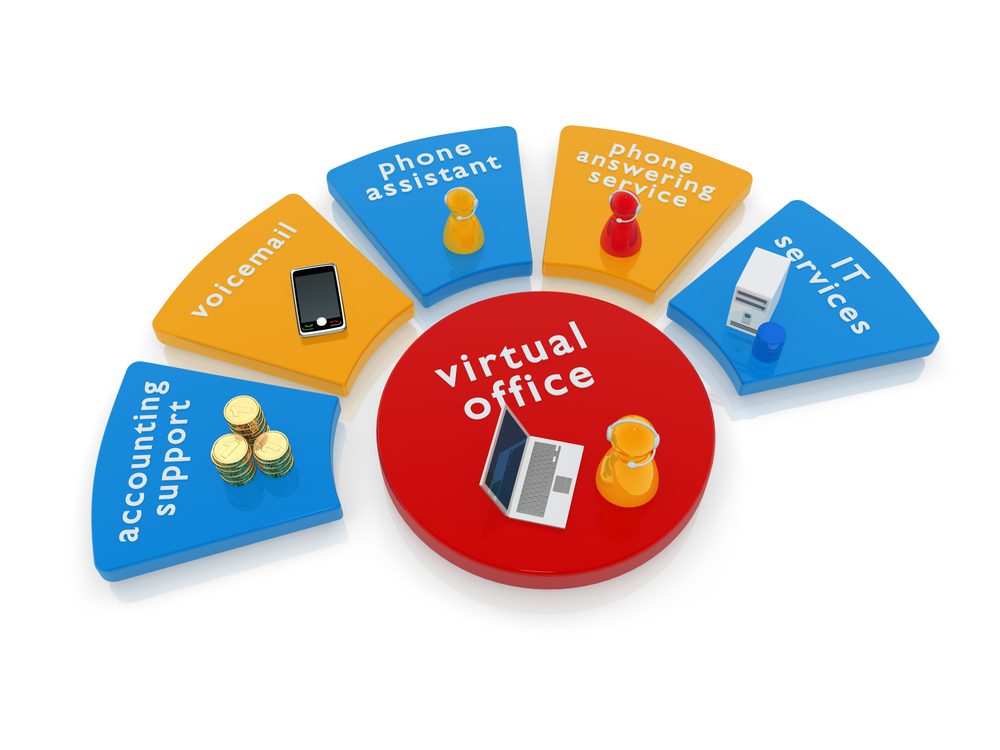There are many ways to start a recycling business. The simplest way is to collect recyclable materials from businesses and households and sell them to a recycling company. However, this method requires regular collection and transportation of materials, which can be costly.
Another option is to collect recyclable materials and process them yourself into new products, which you can then sell. This option requires more initial investment but can be more profitable in the long run. Whichever method you choose, make sure to do your research and develop a solid business plan before getting started.
- Do your research: Recycling businesses can be profitable, but they require significant upfront investment and ongoing costs
- Before you start a recycling business, do your homework
- Research the industry, competition, local regulations and financial requirements
- Develop a business plan: Once you’ve done your research, it’s time to develop a detailed business plan for your recycling company
- This should include information on your target market, product or service offerings, pricing strategy and projected financials
- Choose a location : One of the key decisions you’ll make when starting a recycling business is choosing the right location for your facility
- Look for a space that’s large enough to accommodate your equipment and supplies with room to grow
- The site should also have easy access to major transportation routes for picking up and delivering recyclables
- Obtain financing : Financing is one of the biggest challenges facing new recycling businesses
- Start by putting together a detailed business plan and financial projections to present to potential investors or lenders
- You may also want to look into government grants or low-interest loans specifically for green businesses
- Purchase equipment : Depending on the type of recycling business you want to start , you’ll need to invest in specific types of equipment
- For example , if you want to collect and process electronic waste , you’ll need specialized machinery as well as storage containers and trucks for picking up e-waste from customers
- Hire employees : In addition to purchasing equipment , you’ll also need to hire workers to help run your recycling operation
- Look for employees who share your commitment to sustainability and are passionate about helping the environment
How to Start a Recycling Business With No Money
With the current state of the economy, many people are looking for ways to start their own business with little to no money. One way to do this is by starting a recycling business. Recycling is a great way to reduce waste and help the environment, and it can be done with very little startup capital.
There are a few things you will need to get started:
1. A storage area – This can be a garage, shed, or even just a corner of your basement. You will need somewhere to store all of the materials you will be collecting.
2. Transportation – You will need some sort of vehicle to collect materials in and transport them to your storage area. A pickup truck or van would work well for this purpose.
3. Collection bins – You will need bins or containers to collect materials in.
These can be purchased new or used from Craigslist or other online classifieds websites.
4. sorting equipment – This can be as simple as some plastic buckets and labels, or you may want to invest in more sophisticated sorting equipment such as conveyor belts and sorting tables . . .
E-Waste Recycling Business Start Up Cost
E-waste recycling businesses can be very lucrative. But, like any business, there are start up costs involved. Below is a breakdown of some of the main costs associated with starting an e-waste recycling business:
1. Licenses and permits: You will need to obtain the proper licenses and permits from your local government in order to operate your business. The cost of these will vary depending on your location and the type of business you plan to operate.
2. Collection containers: You will need containers to collect e-waste from individuals and businesses.
These can be purchased or leased from companies that specialize in providing storage for recyclable materials. The cost of these containers will vary depending on their size and number.
3. Transportation: You will need a way to transport the e-waste you collect to your recycling facility.
This could involve renting or leasing a truck, van, or other vehicle specifically for this purpose. The cost of transportation will depend on the distance you have to travel and the frequency with which you need to make trips.
4 .
Recycling equipment: In order to recycle e-waste properly, you will need access to appropriate equipment . This could include things like shredders, separators, smelters , etc . The cost of this equipment will vary depending on its complexity and capacity .
Additionally , you may be able t o find used equipment at a fraction of th e cost if y o u know where t o look .
How Profitable is Recycling Business
No one can deny that recycling is good for the environment. But is it also good for business? The answer may surprise you.
Despite popular belief, recycling can be quite profitable. In fact, many companies are now seeing the benefits of investing in recycling infrastructure and processes.
There are a number of reasons why recycling is good for business:
1. It Saves Money: Recycling can save businesses money on waste disposal costs. In addition, recycled materials often cost less than virgin materials, so there’s a financial incentive to use them.
2. It Creates Jobs: The recycling industry employs millions of people around the world.
By investing in recycling, businesses can help create jobs and support the economy.
3. It Reduces pollution: Recycling helps reduce air and water pollution by reducing the need to extract and process new raw materials from the earth. This has a positive impact on public health and the environment overall.
Recycling Business for Sale
Looking for a business that is eco-friendly and profitable? A recycling business may be the perfect option for you! Recycling businesses can be very successful, as they provide a much-needed service to both individuals and businesses.
There are many different types of recycling businesses, from those that focus on scrap metal to those that collect and recycle electronic waste. No matter what type of recycling business you decide to start, there are some basic tips that will help you succeed.
1. Find a niche: Don’t try to be everything to everyone – focus on one type of recycling or one particular clientele.
This will make it easier to market your business and become known as an expert in your field.
2. Get the right equipment: You’ll need sturdy bins or containers to store the materials you’re collecting, as well as a truck or van for pick-ups and deliveries. Make sure you have all the necessary safety gear, too – gloves, masks, etc.
3. Create a marketing plan: Let people know what services you offer and how they can contact you. Use social media, local events, and word-of-mouth to spread the word about your business.
How to Start a Recycling Business in Texas
There are many recycling businesses in Texas that help to keep our environment clean. If you’re looking to start your own recycling business in Texas, there are a few things you need to know.
First, you need to find a niche for your business.
What kind of recycling do you want to focus on? Do you want to recycle paper, plastic, or metal? Once you’ve decided on your focus, research the market in your area to see what is already being recycled and what isn’t.
This will help you determine if there is a demand for your services.
Next, you need to obtain the proper permits and licenses from the state of Texas. You can find more information about this process on the Texas Commission on Environmental Quality website.
Once you have all of the necessary paperwork in order, it’s time to start collecting materials for recycling. You can either set up collection bins at local businesses or go door-to-door in residential neighborhoods. Be sure to promote your business so that people know where to bring their recyclables!
Finally, once you have collected enough materials, it’s time to send them off to be recycled. There are many companies that will pay for recyclable materials, so be sure to shop around for the best deal. With some hard work and dedication, starting a recycling business in Texas can be very rewarding!
Starting a Recycling Business Plan
Are you interested in starting a recycling business? This is a great idea for those who are looking to start their own business and make a difference in the environment. A recycling business can be very profitable, but it takes some planning to get started.
Here are some tips on how to develop a recycling business plan:
1. Define your purpose. Why do you want to start a recycling business?
What needs does it address? Be clear about your goals so that you can articulate them to potential customers and investors.
2. Research your market.
Who are your potential customers? What other businesses are already serving this market? How much demand is there for recycled materials?
Knowing your market will help you determine what type of recycling services to offer and how to price them competitively.
3. Develop a marketing plan. How will you reach potential customers?
What kind of messaging will resonate with them? Having a solid marketing plan will be critical for generating interest in your business and driving sales.
4. Create a financial model.
What are the startup costs for your business? How much revenue can you realistically expect to generate?
Recycling Business Profit Margin
Most recycling businesses have a profit margin of between 5 and 10 percent. This means that for every $100 in sales, the company makes between $5 and $10 in profit. The exact profit margin depends on the type of recycling business, the products they recycle, and their operating costs.
Recycling businesses that focus on recyclable materials such as paper, glass, and metal can have higher profit margins than those that recycle less valuable materials such as plastic or electronics. This is because there is more demand for recycled paper, glass, and metal, so these businesses can charge more for their products. They also tend to have lower operating costs than businesses that recycle less valuable materials since they don’t need to invest in as much expensive equipment.
The most successful recycling businesses are those that have a strong understanding of both the market for recycled materials and the costs associated with running their operations. By carefully managing these two factors, they are able to generate healthy profits while helping to preserve our environment.
Bottle Recycling Business
According to the Container Recycling Institute, about 35% of all glass bottles in the United States are recycled. That leaves a whole lot of bottles that end up in landfills, where they take up space and eventually break down into tiny pieces that can be harmful to the environment.
One way to reduce the number of bottles going into landfills is to start a bottle recycling business.
This type of business collects empty glass bottles and recycles them into new products, such as glass jars or even jewelry.
Starting a bottle recycling business is not as difficult as it may seem. There are companies that will provide you with the necessary equipment and supplies, and there are also many online resources that can help you get started.
The most important thing is to have a passion for recycling and helping the environment. With a little hard work, you can turn yourrecycling hobby into a successful business!

Credit: www.generalkinematics.com
How Profitable is a Recycling Business?
The recycling industry has come a long way since its humble beginnings in the late 1800s. What started as a small-scale operation to recycle metal and paper has become a multi-billion dollar industry that is vital to the health of our economy and environment.
While there are many different types of businesses within the recycling industry, they all have one common goal: to turn waste into a valuable resource.
And they are succeeding! The recycling industry employs over 1 million people in the United States and generates billions of dollars in revenue each year.
So, how profitable is recycling?
It depends on the type of business, but overall the answer is yes – recycling can be very profitable! Let’s take a closer look at some of the most successful businesses within the industry to see just how lucrative recycling can be.
How Do You Start Recycling for Beginners?
If you’re interested in recycling but don’t know where to start, this post is for you! We’ll go over the basics of recycling and how to get started with ease.
Recycling is the process of turning waste materials into new, reusable products.
It’s a great way to reduce your environmental impact and help preserve our planet’s resources.
There are many different ways to recycle, and it can be confusing to know where to start. But don’t worry – we’re here to help!
Here are some tips for recycling beginners:
1. Start with the basics. Don’t try to do too much at once – just focus on the recyclable materials that you use most often.
Common items that can be recycled include paper, plastic, glass, and metal.
2. Find out what can be recycled in your area. Recycling regulations vary from place to place, so it’s important to find out what materials are accepted by your local recycling center before you get started.
A quick online search should give you all the information you need.
3. Separate your recyclables from your regular trash. This will make it easier to recycle properly and avoid contamination (which can render materials unusable).
You can either use separate bins or keep different types of recyclables in different bags or boxes until they’re ready to be taken out.
What is the Most Profitable Thing to Recycle?
The most profitable thing to recycle is paper. Recycling one ton of paper can save 17 trees, 7,000 gallons of water, 380 gallons of oil, and 3.3 cubic yards of landfill space.
Why Recycling is No Longer Profitable?
In the past, recycling was a profitable industry because there was a high demand for recycled materials. However, this is no longer the case as the market for recycled materials has declined significantly. Additionally, the cost of recycling has increased due to rising labor and transportation costs.
As a result, many recycling facilities have closed down or are struggling to stay afloat.
How To Start A Recycling Business In 2022 ($200/Day Recycling)
Conclusion
Many people want to start their own businesses, but they don’t know where to start. One option is to start a recycling business. This can be a great way to make money and help the environment at the same time.
Here are some tips on how to start a recycling business:
1. Find out what materials are recyclable in your area. Different areas have different regulations regarding what can be recycled.
You’ll need to research this so that you can collect the right materials.
2. Set up a collection system. You’ll need somewhere to store the materials you collect.
This could be a garage or shed, or you could rent space from a local storage facility.
3. Advertise your services. let people know that you’re collecting recyclable materials and offer pick-up services if possible.
You could also put up flyers in local businesses or post on online classifieds websites.



